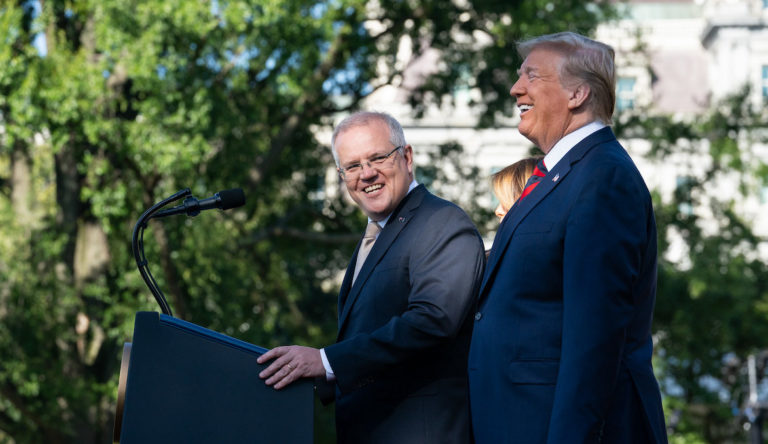
Power, populism and principles
We are entering a uniquely dangerous time in Australian politics Not just from the economic threats following Australia’s performance at COP26 in Glasgow. Compounding these existential threats is the risk that core tenets of Australian democracy, which have become weakened and frayed in the past two decades, will be completely eroded.



